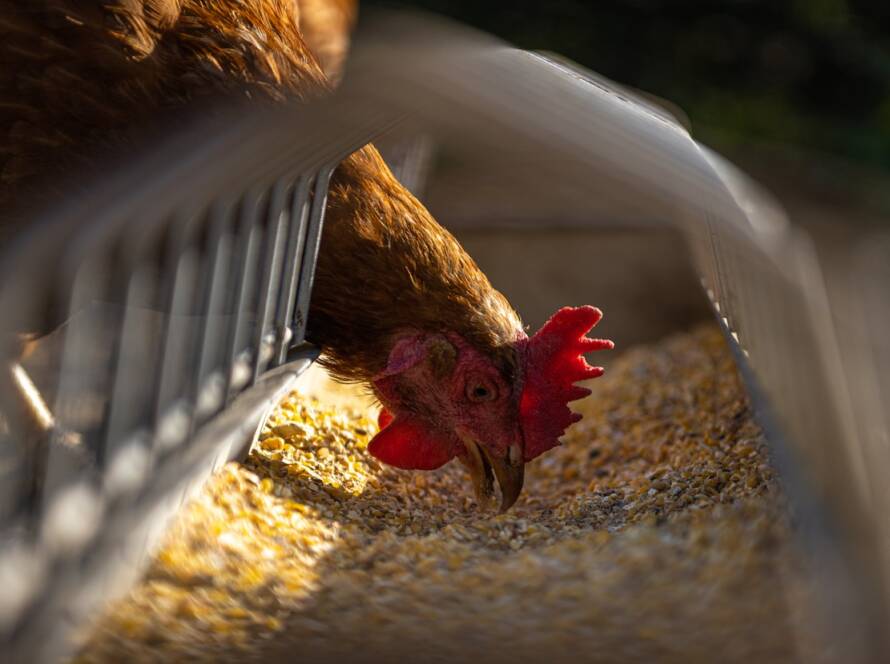IP | The Biscuits War: the second legal round ends in defeat for Barilla

The second round of the so-called “biscuits war” ends with a defeat for Barilla. The Brescia Court, in fact, has ruled in favour of the companies Tedesco and Sapori Artigianali, which had lost in the first instance (read the full article on the matter here).
The beginning of the dispute dates back to June 2023 when Barilla (who owns the famous bisciuit brand Mulino Bianco) asked the Brescia Court to prohibit Tedesco and Sapori Artigianali from selling nine types of biscuits (Tondolotti, Amiconi, Raggi di Sole, Maramao, Armoniche, Gocciolotti, Cruschetti, Zuccheri, Tuorlini, and Biscotti con cereali e frutta) as well as their immediate withdrawal from the market.
The reasons for Barilla’s victory in the first instance
The reasons are to be found in the excessive similarity of shape with Mulino Bianco biscuits called Macine, Abbracci, Campagnole, Molinetti, Galletti and Tarallucci, Pan di Stelle, Gocciole Pavesi, Gran Cereale, and Gran Cereale Frutta. In other words, Barilla claims ownership of the ‘shape trademarks’ of the biscuits (a legal term indicating ownership of the shape of the biscuits and the packaging). On the strength of the registration, Barilla feels entitled to exclusively use these trademarks, which are, however, imitated by competing companies such as Tedesco and Sapori Artigianali. To better understand, one only has to think of the Coca-Cola bottle, which, being registered as a shape trademark, can only be used by Coca-Cola.
The second reason given by Barilla to request the interruption of production and sale is that the two companies’ products have packaging too similar to that of Mulino Bianco biscuits. This constitutes unfair competition due to the use of means not compliant with commercial fairness and likely to damage other companies.
The First Instance Judgment
In February 2024, the first instance judge partially upheld Barilla’s requests and banned the sale of Gocciolotti, Maramao, and Amiconi products because they were deemed to have a too similar shape, in counterfeiting of Gocciole, Pan di Stelle, and Abbracci biscuits. The court also decided to prohibit the use of the packaging of Zuccheri, Cruschetti, Tondolotti, Raggi di Sole, Tuorlini, and Armoniche biscuits as they were too similar to the packaging adopted by the corresponding Mulino Bianco biscuits. All parties requested the Court to re-examine the matter and therefore filed an appeal.
The Second Instance Judgment
The reversal of the first decision occurred on March 18, 2024, when the Brescia Court rejected Barilla’s initial claim and accepted Tedesco and Sapori Artigianali’s arguments on the basis of the following reasons. On the issue of shape trademarks, the Court deemed that the shape and appearance of the biscuits are now “vulgarized”, insofar as they are now widely used by many producers. For this reason, they are no longer capable of suggesting to the consumer a certain origin (Mulino Bianco and other Barilla brands) and, therefore, of fulfilling the distinctive function typical of a trademark.
The “vulgarization”
The phenomenon of ‘vulgarization’ occurs most frequently on words (in legal terms, they are called ‘denominative trademarks’). To better understand, one needs only to think of words like ‘scotch,’ used as a synonym for adhesive tape, ‘Scottex,’ used as a synonym for absorbent paper, or ‘post-it,’ synonym for removable adhesive note. The Brescia Court applied the concept of vulgarization also to the shape of biscuits. Tedesco thus succeeded to demonstrate that, for each type of biscuit for which Barilla sought protection, dozens of products with the same shape or similar appearance are available in supermarkets. These products are usually branded by supermarket chains (Coop, Esselunga, Conad) or by other competing companies (Balocco, Scotti, Campiello, Lazzaroni).
Regarding the issue of packaging, the Judges deemed that: “given the overcrowding of the reference market, there are currently not sufficient elements to believe that Tedesco’s contested packaging could produce not only a confusing effect but also merely an anchoring effect with Barilla’s packaging”. The Court considered that the common elements of the packaging of the two parties are “widely spread in the sector as justified by obvious marketing teachings, and therefore it cannot be inferred that they are capable of recalling Barilla’s packaging.”
Rejection of urgency
The Court argued the rejection of the Barilla’s claims also on the basis of a third argument (on which the first instance judge had ruled in the opposite sense). The judges did not consider valid the requirement to intervene as soon as possible – as requested by Barilla – through an ‘urgent procedure’. The procedure indeed involves a quicker decision (considering that the dispute before the court began in late June 2023 and that two levels of judgment were completed in nine months), which finds a reason when there are sufficiently grounded reasons. In this case, it has been demonstrated that Barilla had been aware of the presence of ‘similar’ biscuits on the market since 2016, which, according to the Court, excludes the existence of the urgency requirement.
Article originally appeared on April 2, 2024, on the ‘Il Fatto Alimentare’ website. The original Italian version can be found at this LINK.





